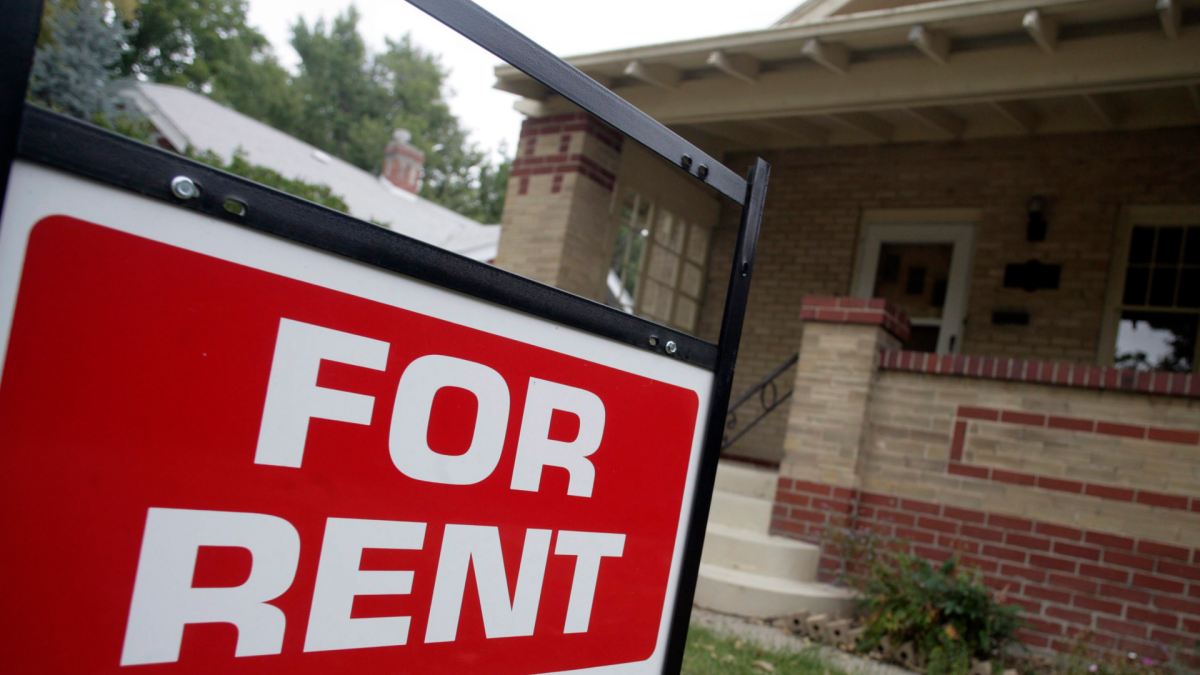A Kelowna, B.C., man lost his bid to get his strata to pay $14,101 in income lost from not being allowed to offer short-term rentals.

Michael William Murdrie owned a “strata lot” in a Kelowna strata building, and in 2021 that’s how much he made renting out the unit.
What he didn’t realize, however, was that he needed to get a municipal business licence, so when 2022 rolled around, he went to his strata to get the necessary consent for another year of rentals.
His application was turned down and the strata told him that while it didn’t have any bylaws prohibiting short-term rentals, it wasn’t signing off on the consent form because its current insurance policy didn’t cover short-term rentals and its premiums would increase if it changed.
During the Civil Resolution Tribunal hearing, a strata representative backed up that claim by providing email evidence from its insurance broker, which indicates that if the strata allows “short-term rentals,” it “could see” a 20 per cent increase in its premium.
“The broker advised that once the strata decides to proceed with short-term rentals, the broker will advise the seven insurers on the strata’s policy and confirm the exact premium increase. Based on this evidence, I accept that allowing STAs in the strata would likely result in an increased insurance premium,” Kristin Gardner, a tribunal member, wrote in a decision posted Monday.

“As a decision to increase the strata’s premium costs would likely require owner approval, I find this is a factor the strata reasonably considered in its decision about whether to sign the consent form for Mr. Mudrie.”

Get breaking National news
She pointed out that Mudrie’s expectation was not objectively reasonable, regardless of the bylaw expressly prohibiting short-term accommodation in the strata. There is also no bylaw specifically permitting them.
“I find that just because the bylaws are silent on regulating short term, does not mean the strata is obligated to approve and facilitate them,” Gardner wrote.
Murdie argued that it should have been allowed due to his low-income pension earnings and medical issues making it difficult for him to afford his mortgage without short-term rental income.
“I find Mr. Mudrie is saying these factors make the strata’s decision to not sign the consent form particularly burdensome for him. However, Mr. Mudrie did not provide any financial or medical evidence and there is no evidence he advised the strata of these issues,” Gardner said.

“Further, the land title documents show Mr. Mudrie purchased his strata lot in 2013, and he provided no evidence his personal circumstances changed in the last two years.”
Ultimately, Gardner said Mudrie has not established that the strata’s decision to not sign the consent form was “burdensome, harsh, wrongful, lacking in probity or fair dealing, done in bad faith, or was unjust or inequitable.”
“Rather, I find the strata exercised its discretion reasonably and decided to seek the owners’ approval to allow short-term accommodation in the strata before facilitating Mr. Mudrie’s business license by signing the consent form.
“Given this conclusion, I do not have to consider Mr. Mudrie’s damages claim. I also decline to order the to strata sign the consent form. I dismiss Mr. Mudrie’s claim.”
No order for him to compensate the strata for fees was made.





Comments